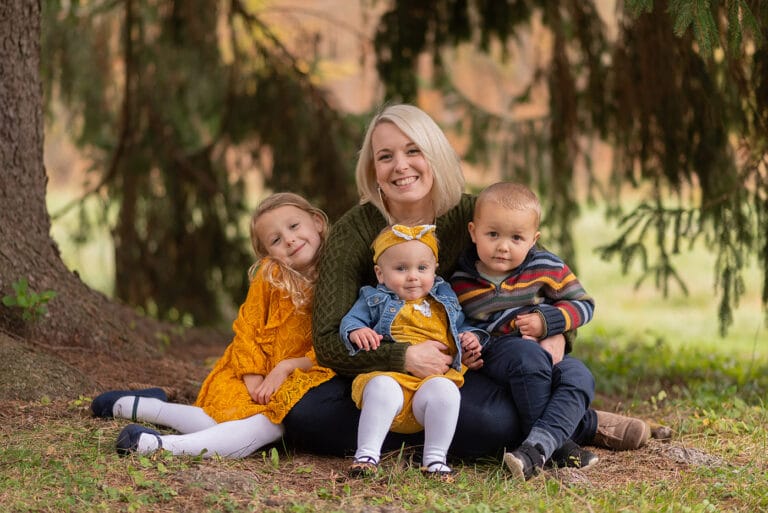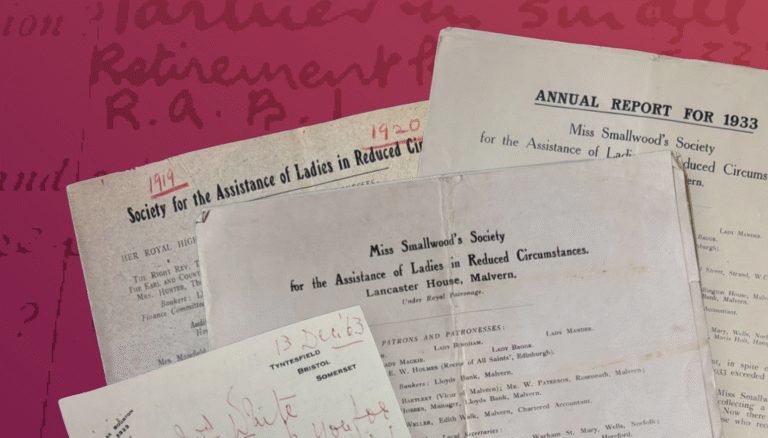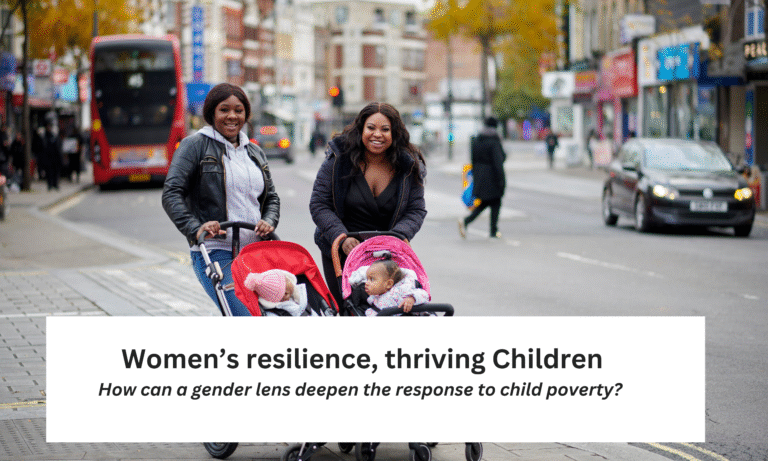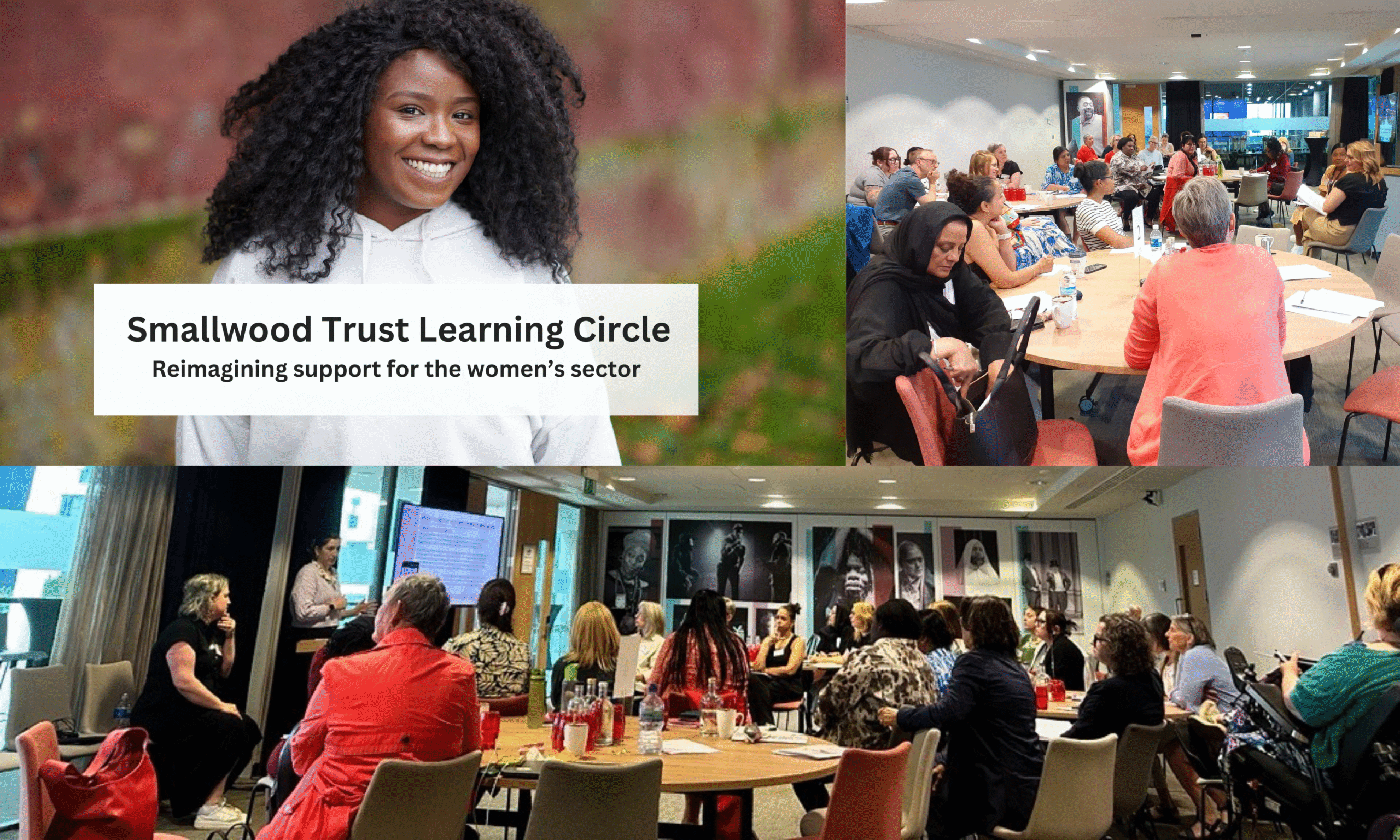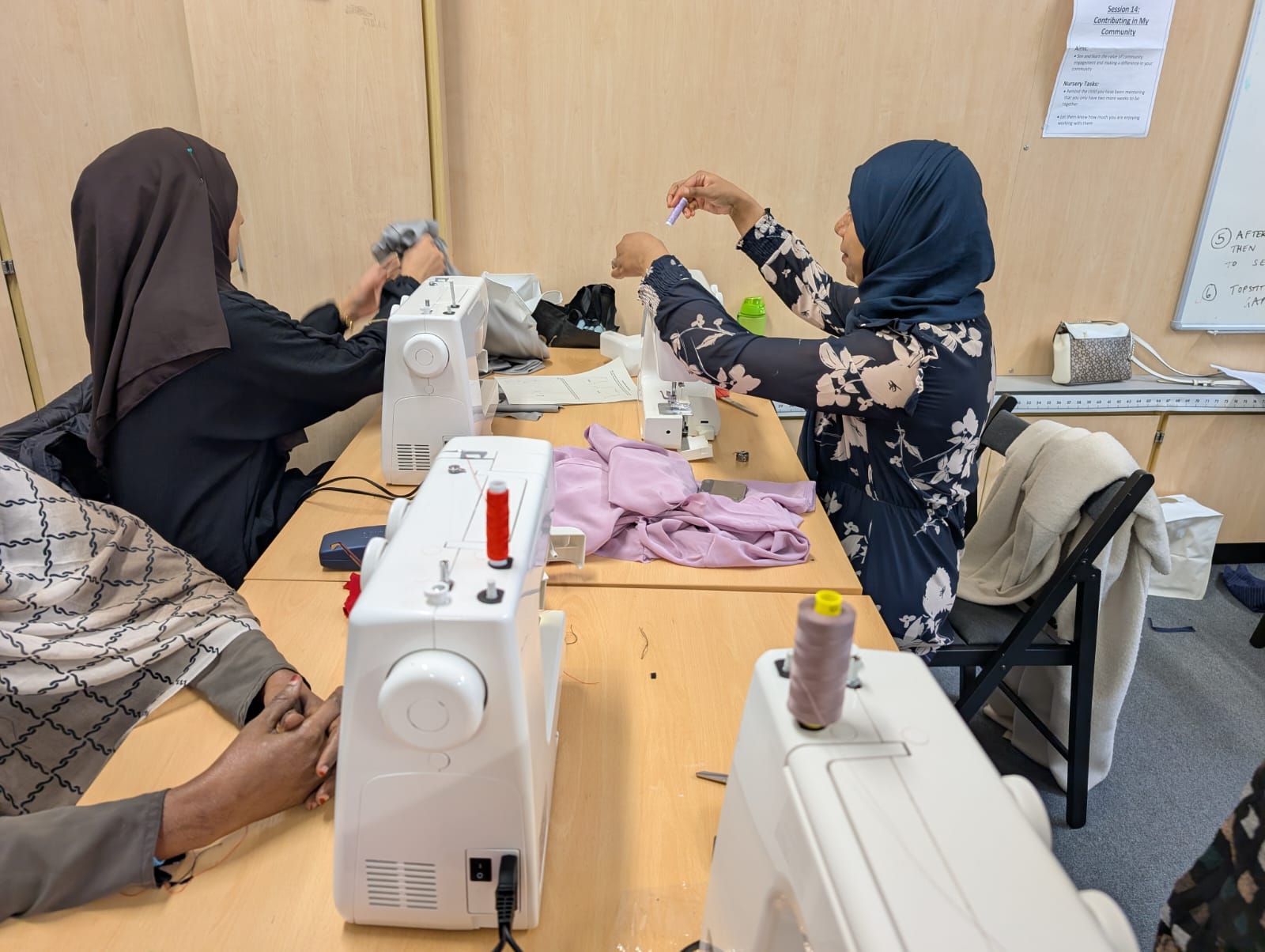
Celebrating Kundakala: Transforming Women’s Lives Through Culture, Creativity and Community
November 27, 2025Kundakala C.I.C. is a celebrated social enterprise that supports ethnic minority women to build confidence, develop creative and practical skills and strengthen their financial independence. Their tailoring and enterprise programmes provide women on low household incomes with the training and guidance they need to progress from learning to sew to becoming confident makers who can grow their own micro businesses. At the heart of their work is a commitment to creating safe, welcoming spaces where women feel seen, valued and able to thrive.
In recent years, we have been proud to support Kundakala as one of our grant partners. We are delighted that their work has been recognised through the Mayor of London’s 2025 Adult Learning Award for Outreach and Engagement of Adults into Learning. This award reflects the care, dedication and trust that Kundakala has built within the communities they serve.
This year, we published our report Where inequality Lives on the state of gendered poverty in 2025. The findings show that ethnic minority families are more likely to experience poverty and often remain in hardship for longer periods. Structural inequalities continue to limit the financial security of Black, Bangladeshi and Pakistani women in particular, including lower pay, limited access to secure employment and ongoing experiences of discrimination and racism. These pressures are intensified by social security policies such as the two-child limit and the benefit cap, which disproportionately affect ethnic minority households.
Beyond these broader inequalities, many ethnic minority women face a combination of challenges that make it harder to enter or remain in the workplace. They may encounter language barriers that affect access to jobs and services. Some live with insecure immigration status that increases financial vulnerability. Others are survivors of domestic abuse, often parenting alone and without the support that would allow them to work or study. Caring responsibilities, long term health conditions or disabilities can further restrict opportunities for paid employment. These intersecting realities mean that poverty for many women is shaped by more than income alone. It is shaped by the systems around them, by the discrimination they experience and by the limited availability of support that meets their specific needs.
This is why organisations like Kundakala are so vital. They provide culturally sensitive and tailored programmes that meet women where they are in their lives and work with them in ways that recognise their strengths, their responsibilities and the barriers they face. The sewing and enterprise skills that women learn are pathways into income generation, but the impact is wider than the economic outcomes alone. The sense of camaraderie, confidence and belonging that women develop forms a community where they support one another, share experiences and rebuild wellbeing. Kundakala creates an environment that nurtures independence while honouring the complex realities of women’s lives.
We are thrilled to be part of Kundakala’s journey. Congratulations to Poornima Kirloskar – Saini (founder of Kundakala), the entire team and the women whose determination and creativity continue to shape this vibrant community.
You can read reflections from Poornima below and watch the short film that celebrates the stories behind this achievement: https://www.linkedin.com/posts/poornimakirloskarsaini_molawards-activity-7396185624036388865-bMEO?utm_source=share&utm_medium=member_desktop&rcm=ACoAACpUAnsBPrdR25RSYw2My1_UOEUZbWiO09E
Resources:
You can read our report Where Inequality Lives on the state of gendered poverty in 2025 to learn more about the structural barriers that keep women in long-term hardship: Where-Inequality-Lives-2025.pdf
You can also listen to our podcast episode, where Poornima Kirloskarsaini alongside Sam Everard (Founder of SAMEE charity) joins us to discuss how tailored interventions can support women who are furthest from the labour market: Episode 5: Poornima Kirloskar-Saini and Sam Everard
